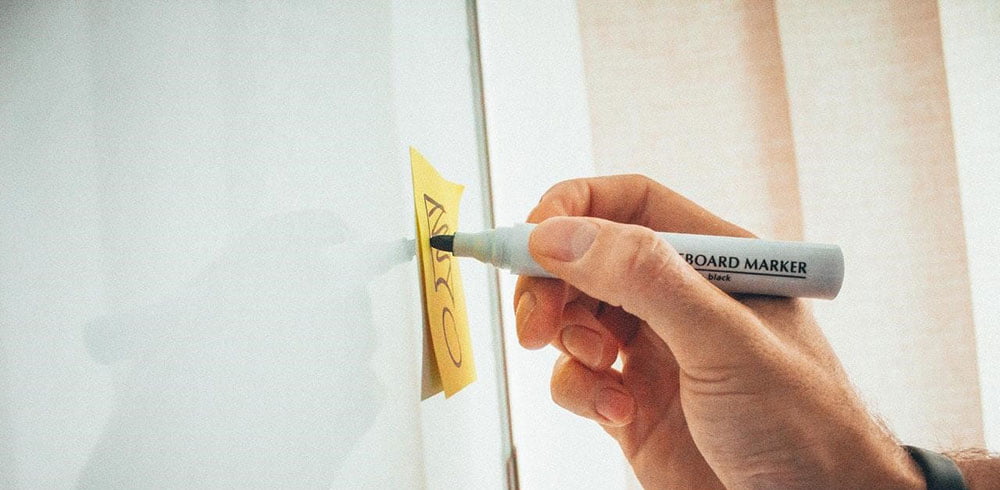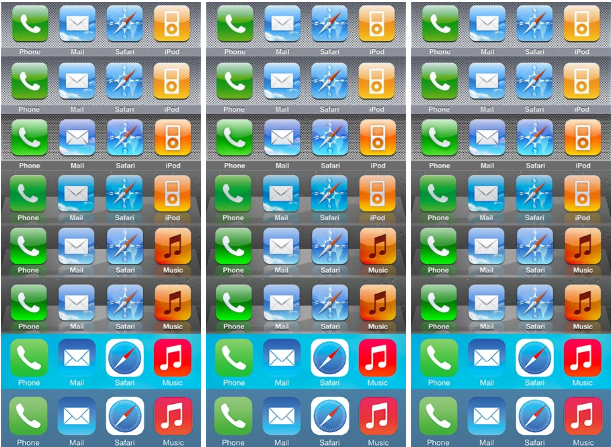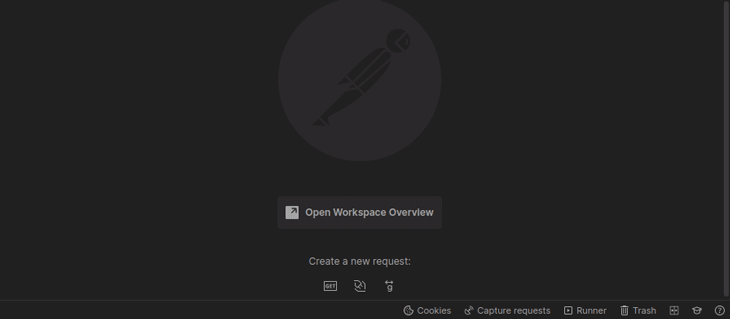
The focus on remote work and productivity seems to zone in on getting rid of the hybrid workplace altogether. Despite popular belief, remote workplaces are more productive on average, with a 20% increase across the board.
The lack of infrastructure stops remote work (and all work) from being productive, but you can improve it with the following tech.
File-Sharing Technology
Table of Contents
When it comes to security in file sharing, remote work seems to face a lot of issues. For one, sending unencrypted files on an unsecured network can put your business at risk.
For another, most of the technology that fixes this problem makes file sharing ineffective. For example, VPNs often face heavy load times and dropping connections, making them frustrating and unreliable.
Instead of making this process more complicated than it needs to be, try server sharing via the Internet from Centre Stack. Not only is this service fast and dedicated to maintaining compliance, but Centre Stack’s Server also provides a directory that organizes your client files.
Time Tracking Technology
If you know how long it takes for your employees to finish a specific task, you’ll be able to see where their time-management skills need improvement. Similar to a time clock system, time tracking software will allow employees to report on their work sessions.
You can even see if they’re visiting third-party sites or whether they’re venturing out of work portals at the office.
Time tracking software isn’t about spying on your employees or making them uncomfortable during their work hours. It’s about acknowledging how long a project takes.
With this information, you can offer more accurate timelines for your clients and shareholders. Time tracking technology can really come in handy for remote, international teams.
Task Management Technology
Usually, time tracking and task management software go hand-in-hand. However, task management software specifically manages teams to keep a watchful eye on projects, not working hours.
More importantly, it can provide more accurate direction during the development of a project. This limits the number of times a team has to go back and correct their tasks.
Most tasks management systems can create notes that can communicate with clients, which offers more transparency throughout the project pipeline. Without hindering your workforce through persistent calls about their project, your clients can visually see their project in real-time.
Customer Relationship Technology
Customer relationship management (CRM) software helps teams understand and develop marketing strategies around important customer-based information.
With a CRM, you can integrate your social media account or website information to organize what your customer needs from you. Plus, the best CRMs will automate day-to-day tasks, like quote emails.
What’s more, a CRM allows you to make better content, which will attract more potential clients and keep loyal buyers. With a complete customer history and better reporting and analysis, your team doesn’t have to go searching for relevant client data by searching keywords or phrases. CRMs can also find common misspellings of your keywords, saving you even more time.
Communication Technology
Communication technology, like Slack, has become increasingly more important in remote workplaces, but that doesn’t mean they don’t play a role in the office.
According to industry research, poor communication in the workplace costs companies $37 billion per year in lost productivity, with an average total loss of $63 million per year per business enterprise.
The importance of communication can be misplaced, but it goes beyond offering channels that can facilitate speech. Companies need to create open channels of dialogue and establish a “stop talking, start listening” approach to communication so everyone feels they’re being heard.
Marketing Automation Technology
Marking automation brings all of your technology together as it includes online forms, analytics, website number tracking, website content, and email campaigns.
In the end, marketing automation software facilitates an alignment between sales (through automated alerts) and marketing (through automated lead scoring). You can integrate your CRM, as well.
HubSpot and InfusionSoft are leaders in this industry, as they automate as much as can possibly be automated. From scheduling content to creating email templates, marketing automation will give your sales team more time to focus on leads and growing your customer base. At the same time, marketing will have a one-stop-spot for their advertising endeavors.






